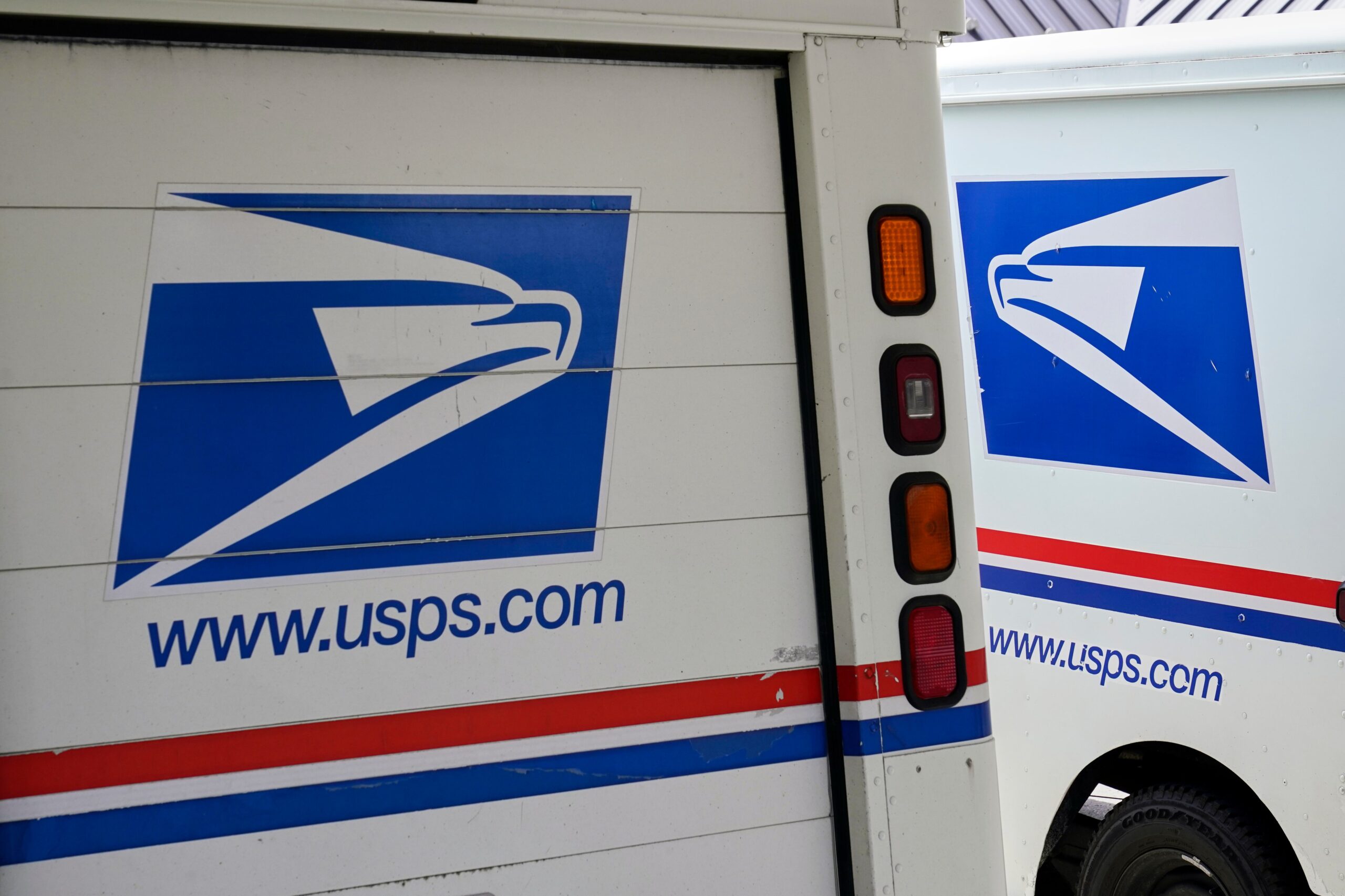ATHENSAs businesses wait for further clarification on the rule, certain international postal services are pausing shipping in response to the termination of a tariff duty exemption for low-value parcels entering the United States.
The “de minimis” exception permits duty-free entry into the United States for packages under $800. According to figures from the U.S. Customs and Border Patrol Agency, in 2024, 1.36 billion parcels totaling $64.6 billion worth of products were sent under this exemption.
Suggested Videos
It will expire on Friday. Amid confusion about increased import duties, postal systems throughout Europe reported on Saturday that they are stopping the shipment of numerous items to the United States.
With immediate effect, postal services in Germany, Denmark, Sweden, and Italy have announced that they will no longer ship the majority of their goods to the United States. Austria and France will follow on Monday.
Royal Mail of the United Kingdom announced that it would suspend shipments to the United States on Tuesday in order to give those packages time to reach the country before duties take effect. According to the statement, there would be a 10% levy on anything over $100 that comes from the United Kingdom, including presents for friends and relatives.
According to a statement from DHL, the biggest shipping company in Europe, there are still important issues that need to be addressed, namely how and by whom customs duties will be collected going forward, what extra information will be needed, and how the data transmission to the U.S. Customs and Border Protection will be executed.
According to the corporation, it would no longer be permitted to receive and deliver packages and postal items containing commodities from business clients bound for the United States as of Saturday.
The vast majority of goods shipped from the EU are subject to a 15% tariff under a trade framework that the United States and the European Union agreed upon last month. The levy will now also apply to packages under $800.
As part of the Trump administration’s efforts to discourage American consumers from purchasing low-quality Chinese goods, the duty-free exemption for items coming from China was terminated in May. Shipments from all across the world are now eligible for the exemption.
Due to their inability to ensure that the items will reach the United States by August 29, some European postal services have announced that they are currently suspending deliveries. They point to the lack of time to consider the ramifications of the new regulations and the uncertainty surrounding the types of items they apply to.
Similar prohibitions went into place Saturday, according to the Italian postal service and Postnord, a Nordic logistics company.
Starting on August 23, Poste Italiane, like other European postal operators, will be compelled to temporarily halt the acceptance of any shipments that contain items bound for the United States unless instructed otherwise by US authorities. Poste Italiane announced on Friday that mail shipments that do not contain goods will still be accepted.
It further stated that shipping via services like DHL Express is still feasible.
The hiatus, according to Bj rn Bergman, head of PostNord’s Group Brand and Communication, was regrettable but required to guarantee complete adherence to the recently enacted regulations.
Wout Witteveen, a spokesman for PostNL in the Netherlands, stated that the Trump administration is moving on with the new responsibilities even though American authorities do not have a mechanism in place to collect them. He stated that in order to find a solution, PostNL is collaborating closely with its counterparts in the United States.
Witteveen told The Associated Press, “You should send anything you have to America today.
The final commercial shipments to the United States, including Puerto Rico, will be accepted on Tuesday, according to Austrian Post, the country’s top postal and logistics company.
According to La Poste, the national postal service of France, the United States failed to give complete information or give the French postal service adequate time to get ready for the new customs processes.
It added in a statement that postal operators were not given any time to reorganize and ensure the required computer modifications to comply with the new regulations, even after talks with U.S. customs agencies.
The association of 51 public postal operators in Europe, PostEurop, stated that all of its members will probably follow suit if a solution is not found by August 29.
From New York, Anderson reported. This article was written by Associated Press writers Molly Quell in Amsterdam, Stephanie Lichtenstein in Vienna, Brian Melley in London, Costas Kantouris in Thessaloniki, Greece, and Angela Charlton in Paris.








